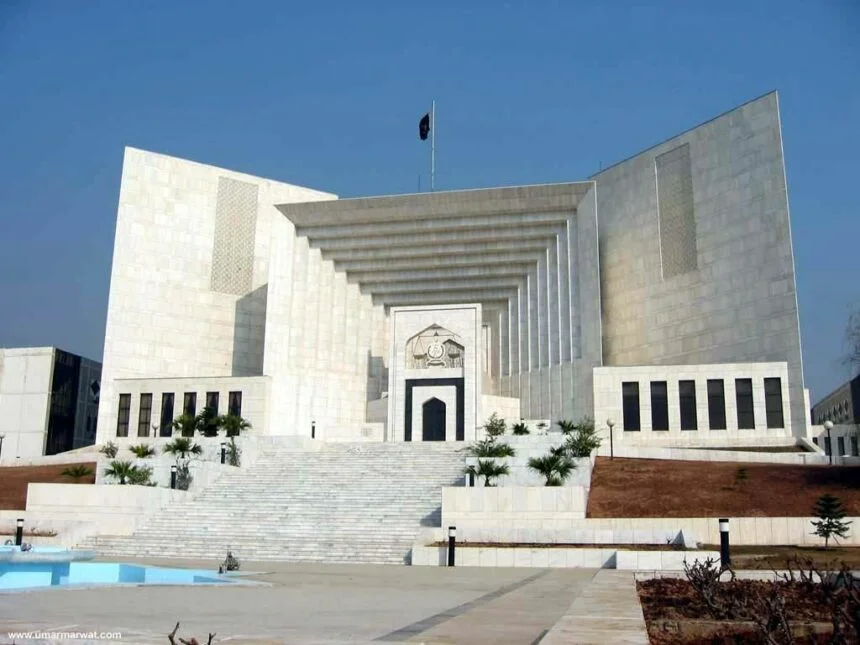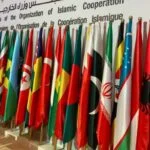In a nine-page decision on the custody of three children, Justice Ayesha Malik noted that the Supreme Court has often ruled that the welfare of the minor, or what is in the child’s best interests, is the most important factor to take into account.
The ruling was followed “The court’s jurisdiction in custody cases is in the form of parental jurisdiction which means that the court must consider all factors from the parent’s ability to provide for the child including physical and emotional needs, and medical care but also relevant is the parent’s ability to provide a safe and secure home where the quality of the relationship between the child and each parent is comforting for the child.”
The court ruled that there is no precise formula for determining a minor’s well-being because there are so many variables, from monetary and economic concerns to the domestic environment and the care, safety, and concern that a kid receives.
“Accordingly, the concept of welfare of the child is an all-encompassing concept which will cover not only the manner in which the child has to be cared for but will also include the physical, mental and emotional well-being of the child.”
The United Nations Convention on the Rights of the Child, 1989 (UNCRC) is an international agreement that lays out children’s rights, including those related to their financial, social, physical, and mental health.
Pakistan signed the UNCRC in 1990 but did so with the caveat that it would only be adopted in accordance with Islamic Law. However, the reserve was withdrawn in 1997, making the ratification final.
“The UNCRC recognizes that the child should grow up in an environment of love, happiness, and understanding. Article 3 provides that in all actions concerning children whether by courts of law or public, or private welfare institutions amongst others, the best interest of the child shall be a primary consideration.”
The court’s ruling made clear that Article 7 guarantees every kid the right to have their parents care for them, and Article 9 stipulate that, in the event of a parent’s separation, the child must maintain contact with both parents unless doing so would endanger them both.
Similar to this, Article 12 states that a youngster who is capable of establishing their own opinions should be able to express them and their opinions should be given appropriate consideration.
“This Article suggests that children’s preferences can be a guiding factor in custody cases, hence, encouraging their participation and opinion in custody matters. This is essential because custody is about the care and comfort of the child and the right of the child to a family.”
It highlighted that custody disputes are usually delicate and call for great caution because the court must consider all relevant elements in order to decide where the minor’s welfare rests. When a parent remarries, circumstances change. As a result, the actual living situation and environment must be reevaluated in light of the child’s well-being.
The child’s best benefit, not the parents, must always come first in this decision. Therefore, it was recognized, the mother’s second marriage could not be used as a sole justification to deny her parenting rights.
The ruling stated that she could lose her right to custody if she remarries, by the principles of DF Mullah’s Mohammadan Law.
According to Section 17 of the Act, the Court must take into account the minor’s well‐being when going to appoint a caregiver. Welfare will be determined based on the child’s age, sex, and religious practice, as well as the guardian’s ability and personality, and the choice of the minor if they are old enough to express it wisely.
“These provisions and the principles of Mohammedan Law have been examined by this Court in several judgments where it has held that the conditions contained in Paras 352 and 354 of Mullah’s Mohammadan Law are not absolute and are subject to the welfare of the child.”












